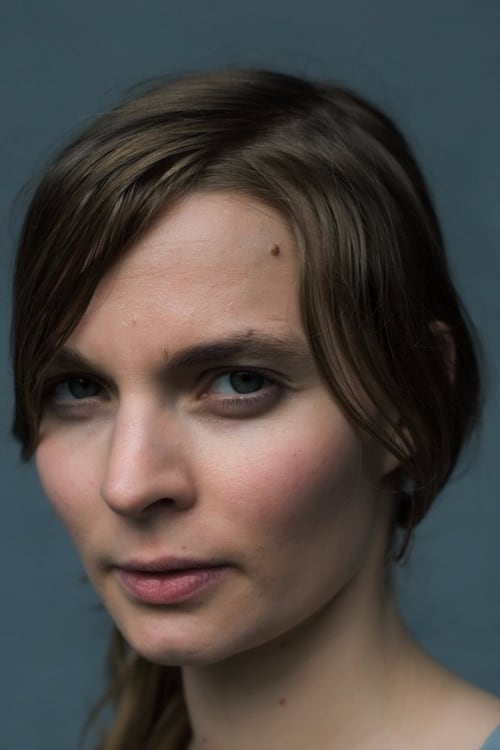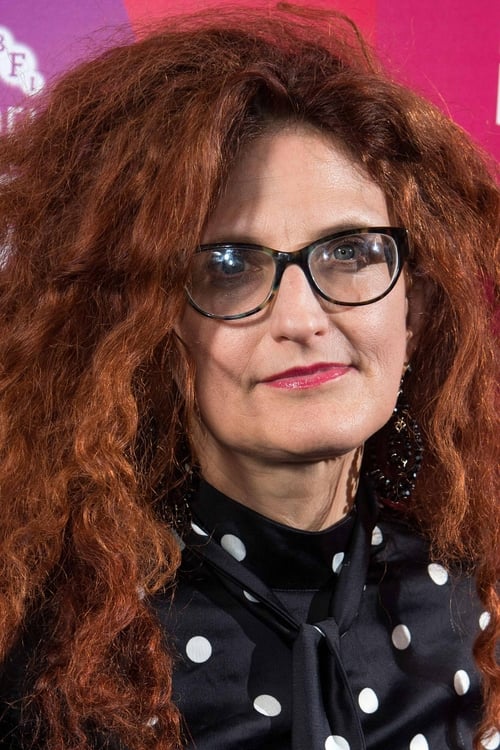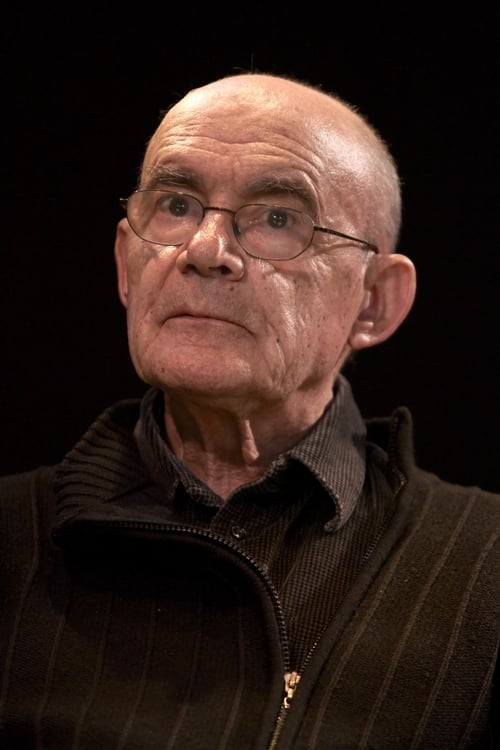Ming of Harlem: Twenty One Storeys in the Air (2014)
Gênero : Documentário
Runtime : 1H 11M
Director : Phillip Warnell
Sinopse
Ming of Harlem: Twenty One Storeys in the Air is an only-in-New-York account of Ming, Al, and Antoine Yates, who cohabited in a high-rise social housing apartment at Drew-Hamilton complex in Harlem for several years until 2003, when news of their dwelling caused a public outcry and collective outpouring of disbelief. On the discovery that Ming was a 500-pound pound Tiger and Al a seven-foot alligator, their story took on an astonishing dimension. The film frames Yates’s recollections with a poetic study of Ming and Al, the predators’ presence combined with a text by philosopher Jean-Luc Nancy, reimagining the circumstances of the wild inside, animal names, strange territories, and human-animal relations.
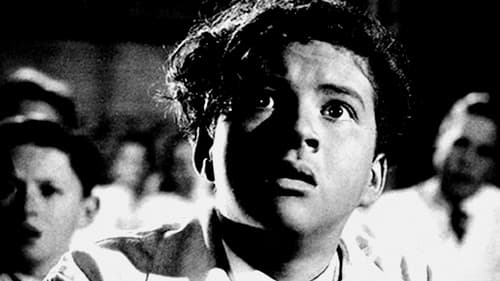
While committing a prank, a child accidentally discovers the identity of the criminal who keeps the whole neighborhood on alert. For fear of being punished, he does not tell what he knows to his father, a police officer.

The first part of this documentary deals with the Portuguese neurologist António Egas Moniz, Nobel Prize for Medicine in 1949, one of the first surgeons to apply the technique called lobotomy for the treatment of schizophrenia. The second part deals with the everyday life of people with schizophrenia today: behavior and relationships, and treatment for the disease.

No final dos anos 1960 Evita chega a Moçambique para casar com Luís, um estudante de matemática que ali cumpre o serviço militar. Evita rapidamente se apercebe de que Luís já não é o mesmo. Perturbado pela guerra, transformou-se num triste imitador do seu capitão, Forza Leal. Perdida num mundo que não é o seu, Evita apercebe-se da violência de um tempo colonial à beira do fim. Um tempo de guerra, de perda e de culpa.

Pedro and Julian, two friends entomologists are in love the same woman, Adela, who decides to marry Peter. Julian attends the marriage, but acts against women as her own husband. The passion that unites the two friends, entomology, leads them to conclude a treaty. The woman, however, is not comfortable with the life she has lived and want to abandon them. Discovered that she suffers from the disease, makes men willing to please her in everything, without her knowing the reason for his change of attitude.
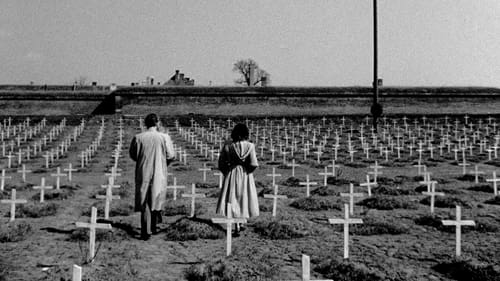
Prague, during World War II. Hana Kaufmann, a Jewish ophthalmologist, marries Dr. Antonín Bureš, a Christian man. When her family is sent to the Theresienstadt concentration camp, their romance turns into a struggle for survival.

Josephine and Antonio have reached a delicate economic balance after marriage. The salary of lawyer from him, and wins her in the hospital, allows them to survive and fantasize about some freak. The situation is complicated by the news that Josephine is pregnant. Ahead of the debacle that may involve having a "child who eats everything, including food," Josephine teaches the baby still in her womb, higher education courses in order to save some money in schools. Meanwhile, Antonio enters the underworld scene, looking for customers who offer their services as a lawyer.
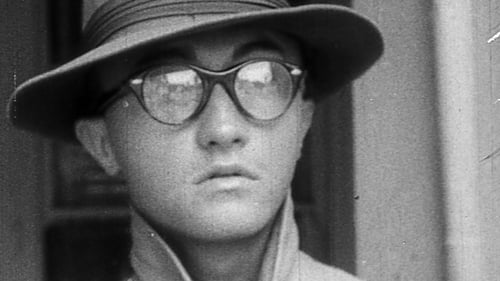
A young man desperately seeks out the fleeting image of a female companion, and though he never quite catches her, he discovers much more through the surreal explorations of his own sexuality.

Portrayal of a talented, influencial and troubled artist: a filmmaker who fought his own demons and seemed to live his own legend like no other director. Against all odds Sam Peckinpah was able to create a very personal body of work in the studio system of Hollywood and with his powerful directing and editing style changed the way of filmmaking forever. Legendary for his use of slow-motion violence, various scandals and his ongoing problems with sudios and producers, the story of Peckinpah is filled with tragedy, humor, success and defeat.

Bruno, a young traffic agent of the Spanish Guardia Civil, is abandoned by his wife after having an affair. Bruno, devastated, discovers one night, by chance, a strange passageway that leads him to another level of reality.

Antonio and Concha, a couple who are constantly fighting about money, win the Christmas Lottery first prize. Concha, who is very bossy, starts making decisions about how they're going to spend it. But Antonio is fed up with her, he just wants to go to Brazil, lay in the sun, and never see her again. So he starts to plan how to get rid of her...
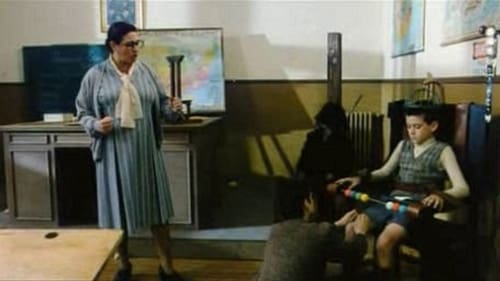
The teacher explains to her students, step by step and with full details and live examples, how are the different types of execution: the electric chair, the garrote, the gallows ..
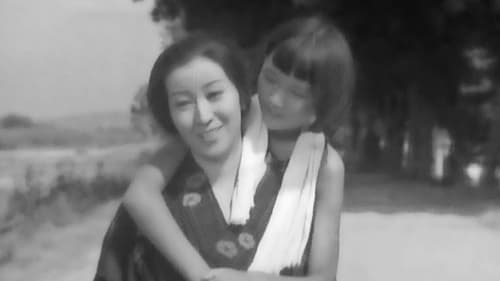
Two young girls, Nobiko and Tomiko, go to the same school. The less fortunate girl Nobiko is one of the top students, while the rich girl Tomiko is not. At one time Tomiko's father was quite fond of Nobuko's mother.
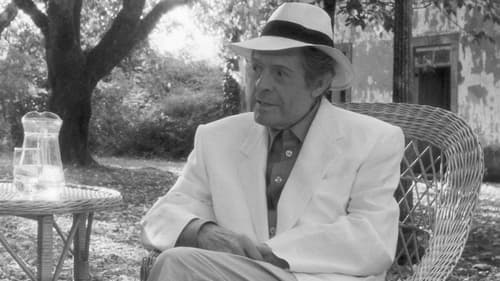
In 1996, Marcello Mastroianni talks about life as an actor. It's an anecdotal and philosophical memoir, moving from topic to topic, fully conscious of a man "of a certain age" looking back. He tells stories about Fellini and De Sica's direction, of using irony in performances, of constantly working (an actor tries to find himself in characters). He's diffident about prizes, celebrates Rome and Paris, salutes Naples and its people. He answers the question, why make bad films; recalls his father and grandfather, carpenters, his mother, deaf in her old age, and his brother, a film editor; he's modest about his looks. In repose, time's swift passage holds Mastroianni inward gaze.

Five documentary shorts about various children from the third world.
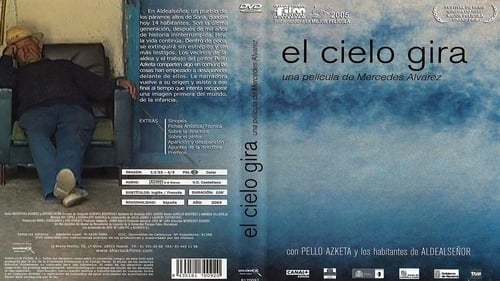
Na Aldealseñor, uma aldeia de Soria, restam hoje 14 habitantes. São a última geração, depois de mil anos de História interrompida. Hoje, a vida continua. Em breve, vai extinguir-se sem deixar testemunhas. Os vizinhos da aldeia e o pintor Pello Azteca partilham algo: as coisas começaram a desaparecer diante dos seus olhos. A narradora volta então às suas origens e assiste a esse final, ao mesmo tempo que procura recuperar a primeira imagem do mundo: a da infância.

Biquefarre is a small farm in Aveyron. The changing economics of farming lead Raoul, in late middle age, to decide to sell and move to Toulouse. At least two neighboring farmers want to buy Biquefarre: Lucien and the young Marcel. Behind the scenes, Henri, whose brother is Marcel's father and who is also Lucien's brother-in-law, negotiates with Raoul so that Marcel's father can secretly sweeten Marcel's offer. Will dad and uncle succeed? In the background is the hard daily work of farming: milking cows, harvesting at night, and finding help when a farmer falls ill. Progress brings challenges: polluted water, factory farms, and skyrocketing land prices.

A lyrical story about first love, death and disappointment, based on a poem of the same title.

Come take an avant-garde walk in the Montparnasse of the late 1920's. This district of Paris, filmed in a most unusual way, shows how dedicated it is to art. Visit its art galleries and exhibitions, take a glimpse of famous painter Fujita, of Luis Buñuel eyeing the legs of beautiful Parisian passing the terrace of the café where he sits, of Italian futurists Marinetti, Prampolini and Russolo.

Award-Winning filmmaker Paul Leduc (Frida, Naturaleza Viva, Reed: Insurgent Mexico, Barroco) directed this gritty musical drama about life in the ghettos of Mexico City during the 1980s. With a soundtrack of Mexican rock music, the camera takes the viewer through the streets, to rock concerts, and to the bars and clubs, where he exposes the hunger, repression, unhealthy conditions and violence in the marginal communities of Mexico's capital city.
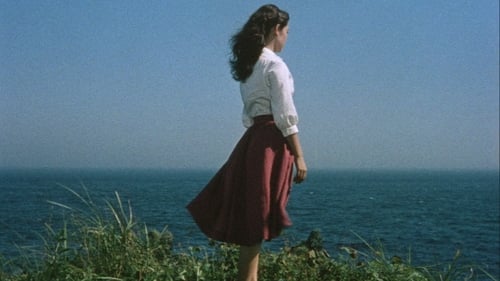
Após se formar no colégio, Yuko Ono está pronta para deixar o interior rumo a Tóquio. Na sua primeira viagem à capital japonesa, ela finalmente conhecerá seus pais, de quem estivera separada desde a infância. Antes da partida, recebe a notícia de que sua avó está à beira da morte e que tem uma revelação a fazer a ela. Yuko fica sabendo que sua verdadeira mãe nunca fora casada com seu pai, e que seu nascimento fora um evento indesejado para a família Ono.


